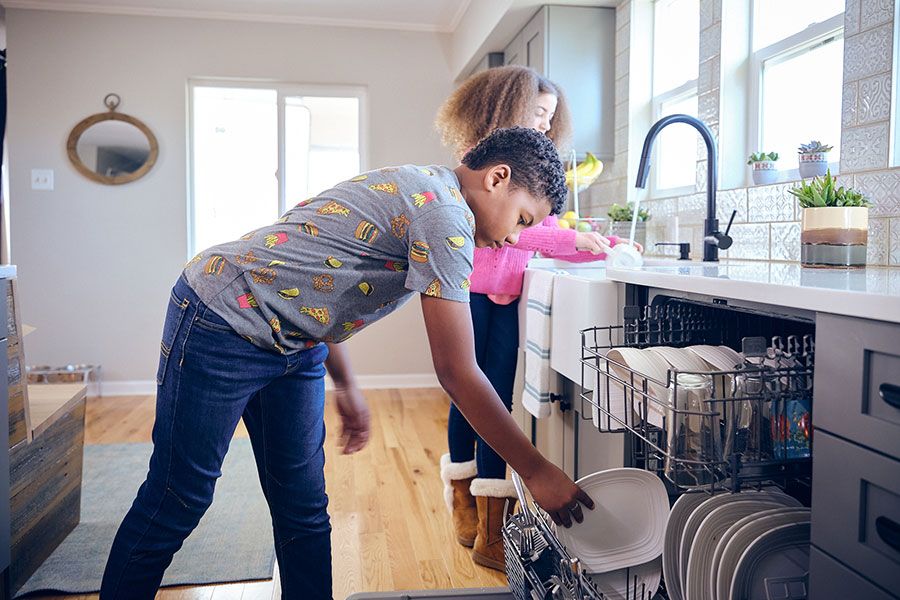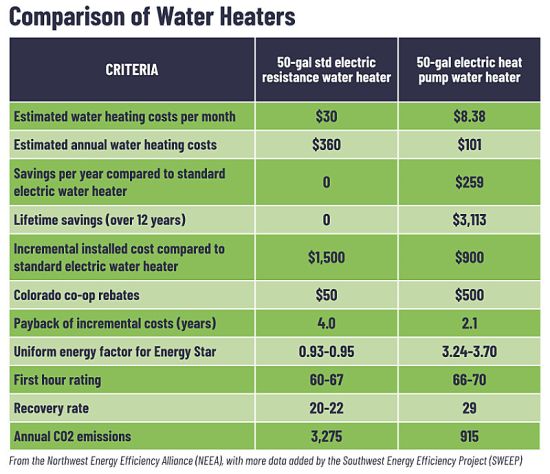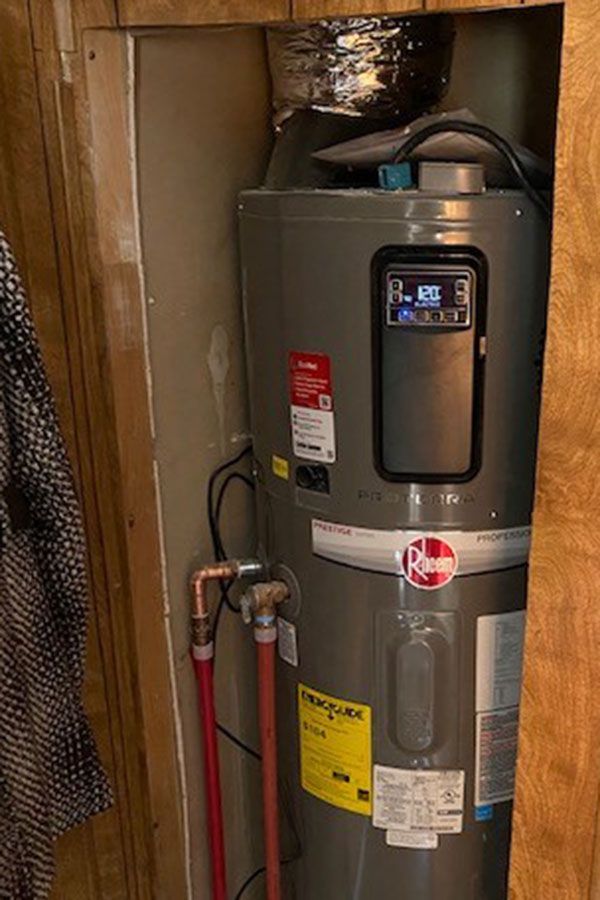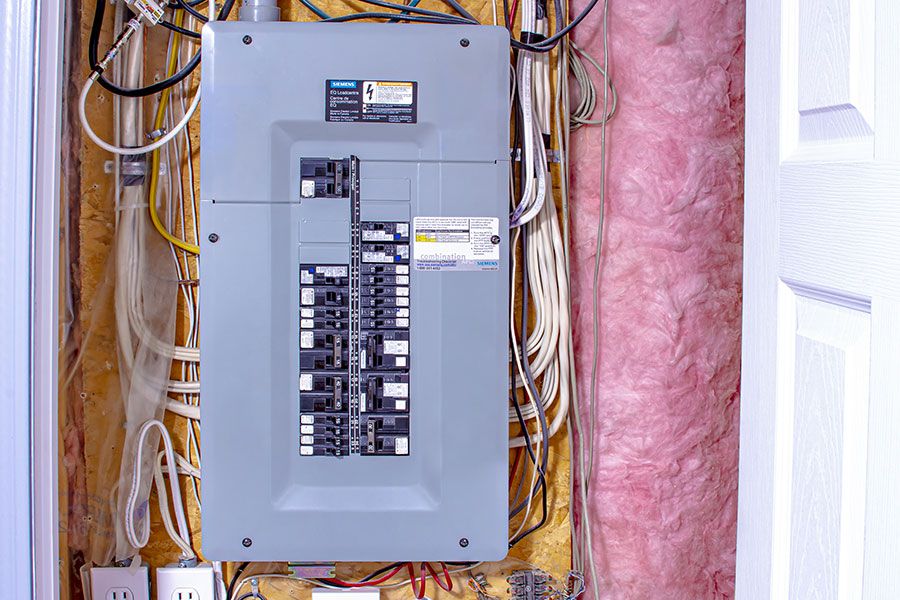Hot Water
After your furnace/heating system, the next largest energy consumer in your home is your water heater. Heat pump water heaters can help reduce your hot water-energy consumption, costs, and carbon emissions.

Accessibility Tools
After your furnace/heating system, the next largest energy consumer in your home is your water heater. Heat pump water heaters can help reduce your hot water-energy consumption, costs, and carbon emissions.

The most cost-effective applications for heat pump water heaters (HPWHs) in existing homes are as replacements for standard electric or propane water heaters. HPWHs cost a bit more than standard electric or propane water heaters, but they easily pay for themselves in annual energy cost savings. In addition, compared to standard electric and propane water heaters, they reduce carbon dioxide emissions by 60-70%. Compared to Energy Star natural gas water heaters, HPWHs are much more efficient and reduce CO2 emissions by about 50%, but the annual energy costs are about the same.

The installed cost for a HPWH is about $1,500 more than the installed cost of an efficient gas, propane, or standard electric water heater. The HPWH will pay for itself in about 4.0 years vs. a standard electric water heater, as shown.
There are a few potential challenges in installing a HPWH, and you need to consider the following four issues before making a decision to buy one for your home.
If you are replacing a standard electric water heater and want to install your HPWH yourself, here is some useful guidance from the Northwest Energy Efficiency Alliance (NEEA). Heat pump water heaters are available from many major water heater manufacturers, including Rheem, A.O. Smith, and Bradford White.


No. Although the exhaust air is typically cooler than the room air, it is usually much warmer than the outside air during winter months in Colorado. Ducting the exhaust air outside will pull in more outside air to take its place, and will therefore increase the energy use of the house.
Yes, it’s fine to put the heat pump water heater in a finished basement. You should just make sure the cool exhaust air from the water heater does not blow directly into commonly occupied areas. Yes, this will add a small amount of energy to the home’s overall heating load. However, this amount of cool air from the heat pump water heater will have a minimal effect on the home’s overall heating system performance/consumption. In addition, the cool air will help keep the basement cool in the summer months, reducing the energy used for air conditioning.
Basements, utility rooms, and laundries are great locations for a heat pump water heater. Pick a spot that will not be frequented by occupants, and position it away from bedrooms and living spaces to fully mitigate any noise concerns. Heat pump water heaters mildly dehumidify the air around them, so they can be a helpful addition to a root cellar or pantry. You can locate the water heater in a small space as long as there is adequate airflow. This can often be achieved by installing a louvered door and grills or grates or similar air gaps.
You need the same size as for a conventional water heater. For a home with two occupants, you should choose a 40 or 50-gallon unit. For 2-4 people, you should choose a 66-gallon unit; and for more than 4 people, a 75 or 80-gallon unit.
A heat pump water heater will reduce your energy costs for hot water by 65% compared to a conventional electric water heater, and by 75% compared to a propane water heater. Your energy costs for hot water will be about the same with a heat pump water heater compared to an efficient natural gas water heater.
Heat pump water heaters are much more efficient than gas, propane, or conventional electric water heaters. The uniform energy factor (UEF) is the new metric for rating the energy efficiency of water heaters. The higher the UEF, the higher the efficiency. Heat pump water heaters have UEF ratings between 3.0 and 3.5, while “efficient” gas and propane water heaters have UEF ratings between 0.65 and 0.70. Conventional electric water heaters have UEF ratings of about 0.95.